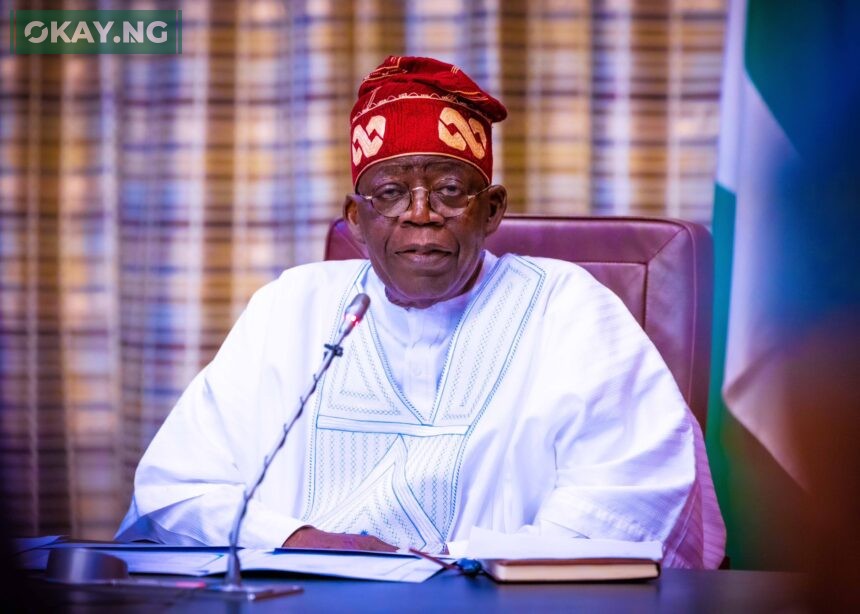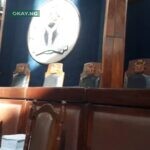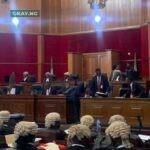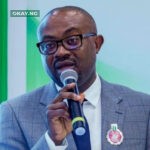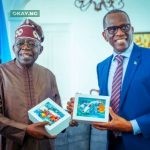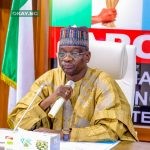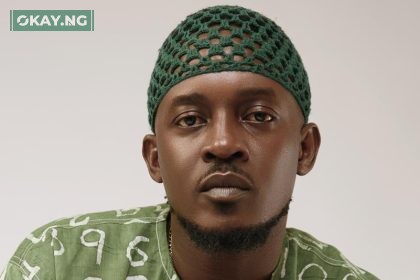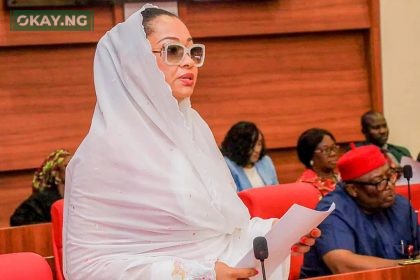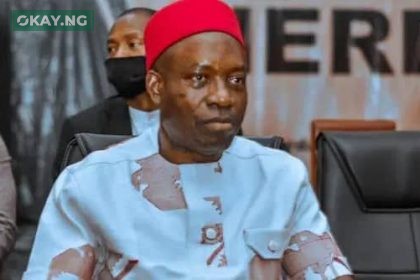To an outside observer, deciphering Nigeria’s digital government communications in years past may have seemed like trying to find one’s way through a bustling Lagos market during rush hour – vibrant, but chaotic. Individual voices, personal social media handles, fragmented narratives; the cacophony was deafening, and the message often lost. Same for many Nigerians. Getting a straight story from government officials once meant diving into a digital maze. Nigerians had to sift through tweets, Facebook posts, even Instagram stories from personal handles of government aides, seeking what’s official amidst personal reflections. The challenge? Too many voices, not enough clarity.
This wasn’t merely an issue of optics; it was symptomatic of a deeper malaise, a lack of robust structures, systems, and institutions guiding our digital voice. In the digital age, where clarity is prized and misinformation spreads in seconds, the stakes couldn’t be higher. Where the government communications from personal handles scaled through, it became an albatross on the neck of the government because, governance is not simple mathematics – things could change during implementation and thus communications not properly structured at the time of dissemination could later become promises unkept to the populace. And for a nation as dynamic and diverse as Nigeria, clear, consistent, and unified communication is not just desired; it’s a must. While global counterparts have effectively harnessed digital channels for streamlined information dissemination, Nigeria used to seem lost in the cacophony of personal glory and voices. Notice me syndrome, I call it.
Then began the Tinubu era, heralding a season of change.
The first noticeable shift was structural. There was an intentional movement away from fragmented communications, towards consolidating voices both on traditional platforms and digital ones. This does not look to be about stifling individuality; it seems as results are showing, to be about coherence. The structural framework put in place has so far ensured that while multiple conversations happened, they echoed a central theme, a unified narrative. I believe president Bola Tinubu made a right choice picking trusted hands and diverse communicators and journalists with solid backgrounds from his team.
From Tunde Rahman, his longtime spokesperson and former editorial staff of Thisday Newspapers to Tope Ajayi – the affable and well-rounded journalist and media practitioner, O’tega Ogra, the young, experienced and well-respected communications strategist – a former Director of Communications at BUA Group who also setup and partly managed the President’s digital communications programme leading to his primaries and elections, Abdulaziz Abdulaziz – one of the notable voices from the north in the media space who was a former deputy editor of Premium Times and on the editorial board of Daily Trust, and finally, Ajuri Ngelale, a crossover from the previous administration known for his nuanced, passionate takes on the Presidency who is now the president’s official spokesperson, President Tinubu has created a dream team of senior advisers in communications.
But structure alone isn’t enough; you need systems that work. For instance, bringing in a strategic communications expert from the organised private sector was a masterstroke. This will be the first time ever it is happening in the Nigerian Presidency. It felt like introducing a sophisticated traffic management system to our erstwhile bustling market. In less than a month since they have been appointed, the flow of presidential communications became smoother, more efficient. Messages are now timely, consistent across all platforms, and in sync with the realities of the digital age.
Institutionally, there has been a clear shift in ethos. No longer is digital communication seen as an afterthought, an ‘add-on’ to traditional means. Yet, while they have made significant strides, the digital highway is ever-evolving, and there’s more ground to cover. Here’s a thought – true communication isn’t just about talking; it’s about listening. Platforms that foster this two-way dialogue, where feedback isn’t just received but actively sought, can be transformative. Now, the media aides must be given agency, and equipped to handle the demands of the 21st century without the unspoken bureaucracy that hindered the jobs of media aides in the last administration especially in the digital and broadcast spaces. If this is done, it will be akin to turning our beloved ‘Buka’ into a fine-dining experience – the essence remains, but the approach and delivery are elevated.
As the Tinubu Presidency navigates this new terrain, there’s more to be done. The media team need continuous training for themselves and those of the ministers to adapt to the ever-evolving digital landscape. If they are not already doing this, they need to set up a Presidential Communications Team that encourages in-house coordinations. Feedback systems with the public should be institutionalized especially in digital and broadcast, ensuring a two-way conversation between the government and its people.
Our youth, the digital natives, shouldn’t just be passive recipients of information. They should be active participants, integrated into the very systems and structures that govern digital communication. It should be about co-creation and as we strengthen these systems, transparency should be foundational, ensuring that the very structures we build are trust-worthy because where there are hiccups, and there will be, transparency is vital. In an age where information is always at our fingertips, honesty isn’t just the best policy; it’s the only one.
Lastly, on representation. We have one President, one Presidency. Yet, the voices that echo this Presidency’s ideals can be manifold and the media aides must avoid a situation which projects them alone as trusted voices. Respected figures, especially from traditional media, must be coopted as they can act as effective amplifiers online and offline, ensuring the essence of the message remains undiluted. Leveraging respected figures, will help amplify the central narrative, making it resonate far and wide and build even more trust in the Presidency’s messaging and narratives. The media aides will need to ensure that the public is not moved to thinking they are the Presidency alone. Ample face time must also be given to other individuals and systems that make the presidency tick. That’s how you build trust in systems.
In wrapping up, it’s clear Nigeria is on a transformative journey. Under the Tinubu administration, if his media and communications team decide to focus on structure, sustainable systems that will outlive their time in government, and institutions, Nigeria will not just be improving its government communications; it will be redefined positively.
If they can sustain this in the Tinubu Presidency, there’s a promise of more coherent days ahead in terms of communications. Here’s to clarity, coherence, and a Nigeria that speaks – and listens – with one vibrant, unified voice.


